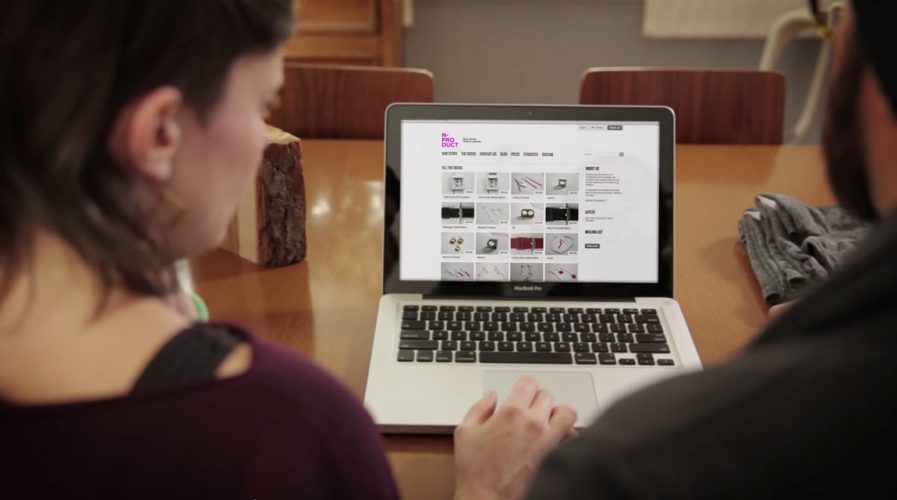
Consumers can now shop on Shopify via Facebook Messenger. Pic: YouTube/Shopify
Shopify adds Facebook Messenger as a new in-app purchase platform
MERCHANTS on e-retail platform Shopify can now sell their wares through a conversation with customers via Facebook Messenger, as the company aims to develop more personal relationships with consumers.
To shop in Messenger, customers simply start a conversation with the retailer and then tap ‘Shop Now’ to view the retailer’s product catalog. Shopify said in a blog post: “Establishing these deep, personal relationships is how you build brand loyalty; it’s how you build a company people love.”
The shopping platform is popular in Singapore, India and China and is used by companies such as telecommunications company SingTel and street fashion label Flesh Imp. Shopify is a leading e-commerce platform that allows consumers and small and medium-sized businesses to easily create online stores, as well as access many online selling platforms.
SEE ALSO: Fact vs. Fiction: Facebook, Twitter join network to stop fake news spread
The shopping purchasing platform is also supported by PayU India, Chinese payment platform Alipay Global and India-based payment platform Airpay.
Worldwide, Shopify has 275,000 clients. During the second quarter of 2016, Shopify’s gross merchandise volume grew 106 percent year-over-year, totaling US$3.4 billion.
Through Shopify, retailers can already provide live customer service, automatically send order confirmations, shipping updates, and push notifications.
Shopping for gifts just got easier. Browse, buy and ask questions with Online Shopping with Facebook Messenger. ? » https://t.co/DIIi6wdBoK pic.twitter.com/FiNS3t13II
— Shopify (@Shopify) October 11, 2016
The new capability is just part of an effort from the Canadian-based e-commerce platform to continually add to its toolkit for e-tailers. The company recently added integrated Apple Pay for all of its clients across desktop and mobile.
In January, Facebook Messenger hit 800 million monthly active users, up from 700 million in June, 600 million in March, and 500 million last November.
However, social media is still struggling to convert interest into actual orders. Just 1 percent of e-commerce orders in the first quarter of 2016 occurred from a direct social media referral, according to Custora.
READ MORE
- Ethical AI: The renewed importance of safeguarding data and customer privacy in Generative AI applications
- How Japan balances AI-driven opportunities with cybersecurity needs
- Deploying SASE: Benchmarking your approach
- Insurance everywhere all at once: the digital transformation of the APAC insurance industry
- Google parent Alphabet eyes HubSpot: A potential acquisition shaping the future of CRM
